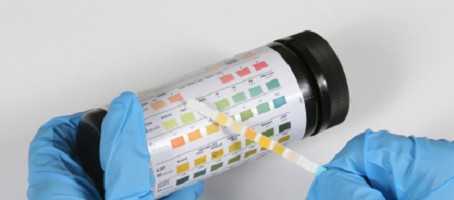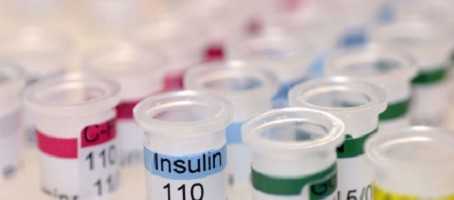Scientists in America have discovered a blood marker that can help predict the risk of type 2 diabetes well in advance in older women.
The researchers, led by Dr. Simin Liu, of Brown University, Rhode Island, say there is mounting evidence that relatively low levels of a liver protein called sex hormone binding globulin (SHBG) can indicate an elevated risk for type 2 diabetes years up to 10 years before it strikes.
Dr. Liu, a professor of epidemiology and medicine at Brown University, and colleagues examined data on more than 13,000 postmenopausal women and found that their age and certain lifestyle habits were related to levels of SHBG.
Age, physical activity, consumption of caffeinated coffee and use of oestrogen-replacement therapy were all considerably higher in women with greater SHBG levels. But high body mass index (BMI) – a marker of obesity – was linked with low levels of the protein.
The findings, published online in the journal Clinical Chemistry, follow previous research by the scientists which identified several genetic factors associated with SHBG levels.
“Even though there are genetic influences, this protein doesn’t necessarily stay unchanged in each of us throughout our lives,” Dr. Liu said in a university news release.
“This protein seems to capture the cumulative effect between the gene and our environment in reflecting a metabolic state of our body, particularly in the liver, ultimately affecting diabetes risk.”
With SHBG levels readily detectable through blood tests, Dr. Liu said monitoring of SHBG should be included as part of preventive care for patients at risk of developing type 2 diabetes.
“By the time you are checking blood glucose it’s too late, [because] you use that as a diagnostic criterion to define diabetes,” he added. “Our argument is that you can go to the doctor’s office and check this protein that can predict your future risk 6 to 10 years down the line.”
What's new on the forum? ⭐️
Get our free newsletters
Stay up to date with the latest news, research and breakthroughs.







